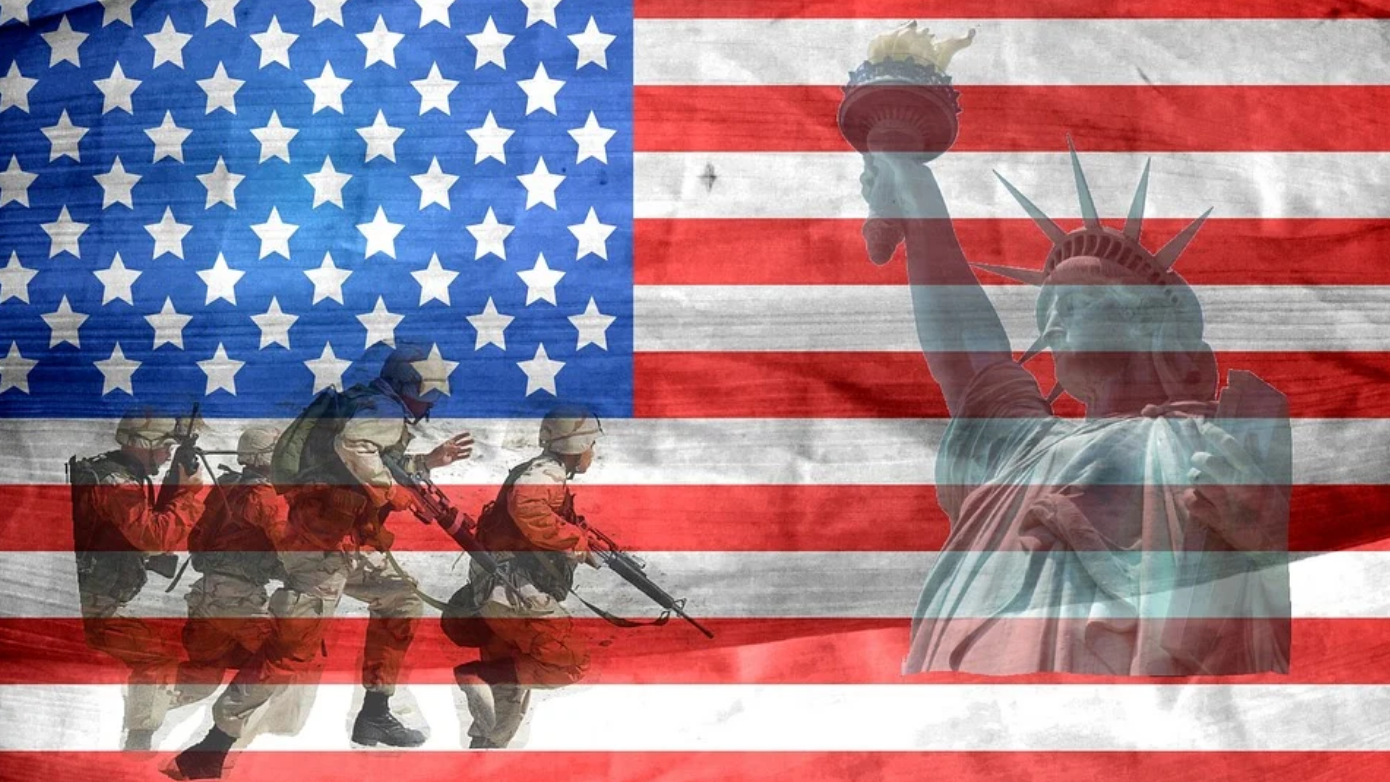Major depressive disorder is a more severe form. To qualify, a minimum of two major episodes are required, which last at least two weeks.
Not all scars left by war are visible on the body; some are etched deep on the psyche. Mental health is a real and aching concern for many soldiers during and after their tour of duty. The repercussions of psychological disorders can be vast as they impact social reintegration to civil life and general well-being. Fortunately, as long as these conditions are service-related, veterans can qualify for benefits from the U.S. Department of Veterans Affairs (VA) for a number of service-related disorders including PTSD, depression, and anxiety.
Anxiety Disorders
Many veterans are diagnosed with anxiety disorders that impair their normal daily functioning. Some of the most common symptoms of anxiety include difficulty concentrating, sleep problems, and fatigue. For those filing for an anxiety claim, chances are high to receive at least a 30% rating, which amounts to more than $400 a month.
To qualify for VA benefits, you must meet a set of requirements. Before applying, obtain an official diagnosis from a qualified mental health therapist. It is also essential for the anxiety disorder to be service-related. Gather and preserve evidence that attests to the severity of the psychological condition.
PTSD
This is one of the most common VA disability benefits claims. In fact, statistics show a variance in the number of veterans diagnosed with PTSD depending on their service era. For example, approximately 12% of Gulf War veterans and 11%-20% of Operations Iraqi Freedom veterans were diagnosed with PTSD.
This psychiatric disorder tends to be triggered by a traumatic, often life-threatening event. The victim does not necessarily need to be an active participant in the scene; they can also be a bystander who bears witness to the incident. The VA disability rating for the condition greatly depends on how much it interferes with social and occupational functioning.
A veteran diagnosed with PTSD can qualify for the following VA ratings:
- 0% – the diagnosed condition is not considered severe enough to interfere with social functioning.
- 10% – the veteran is on continuous medication; social and occupational impairment due to the condition (e.g. low work efficiency).
- 30% – occupational and social impairment due to symptoms like panic attacks and anxiety.
- 50% – reduced productivity at work and social impairment due to PTSD symptoms that manifest more than once per week.
- 70% – most areas of life are impaired, and the veteran can’t establish and maintain meaningful social relationships.
- 100% – total social and occupational impairment.
Eating Disorders
The stress and hardships of combat can lead to different mental health conditions, including eating disorders. The two most common types of eating disorders that qualify for VA disability benefits are bulimia and anorexia nervosa. Both of these conditions can present severe health risks and an impaired social and occupational functioning.
Depression

Depression is listed by the VA under mood disorders and further divides into two types, dysthymic disorder, and major depressive disorder. To be eligible for benefits, you must prove one of the following:
- The condition is directly connected to your service.
- There is a secondary connection between depression and your service.
- There is a service connection by aggravation between the disorder and your deployment.
Dysthymic disorder is recognized by the VA as a type of depression that qualifies for benefits. This is a milder form of mood disorder that is characterized by an irritable mood that prevents daily functioning. Other associated symptoms are feelings of hopelessness, low self-esteem, and difficulty concentrating.
Major depressive disorder is a more severe form. To qualify, a minimum of two major episodes are required, which last at least two weeks. The main symptoms include a lack of interest in activities that once brought joy (e.g. hobbies), sleep disturbances, and general fatigue.
The List Goes On
This is only an orientational list that contains some of the most common mental health conditions that may qualify for VA benefits. For a more comprehensive list, contact a qualified mental health therapist and lawyer specialized in this field. During your consultation, go over your condition(s) and the process you will have to follow to obtain benefits.


Join the conversation!